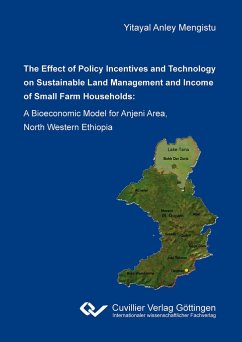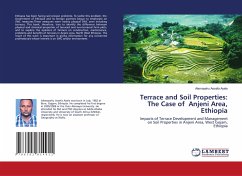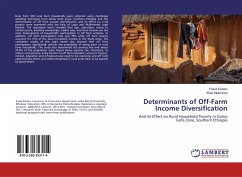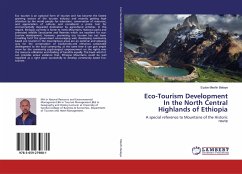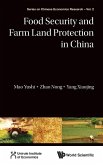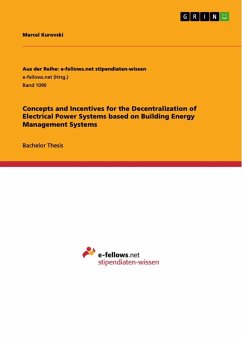Land degradation due to soil erosion and soil nutrient depletion has contributed to declining agricultural productivity, poverty and food insecurity in Ethiopia. Due to the continuous dependency on agriculture, land degradation and unfavorable climatic conditions, rural development policies in Ethiopia are challenged by two important issues: the need to improve household income to meet the demand for food in the face of growing population and the need to improve or sustain the productivity of land. This highlights the important task of undertaking development research to understand and design appropriate policy incentives and technology interventions. Using primary and secondary data, this study employed a bioeconomic model in a mathematical programming framework to analyze the impact of selected policy incentives and technology interventions on land quality and income of small farm households and an econometric model to assess the factors that influence the use of improved soil and water conservation measures in Anjeni area, North Western Ethiopia.
Hinweis: Dieser Artikel kann nur an eine deutsche Lieferadresse ausgeliefert werden.
Hinweis: Dieser Artikel kann nur an eine deutsche Lieferadresse ausgeliefert werden.

